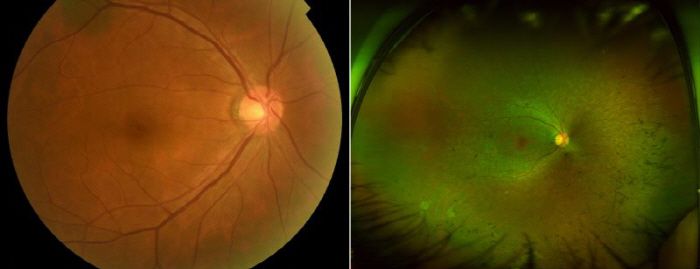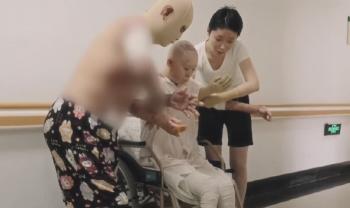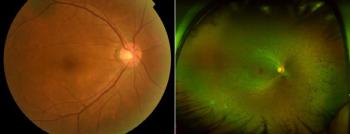Tzuyang's battle with retinal pigment degeneration, causing blindness...What are the symptoms and treatments?
Sep 30, 2025
|
Tzuyang recently recommended LASIK or LASEK surgery around her through her personal channel, but I can't because of retinal pigment degeneration. You may go blind later."
Retinal pigment degeneration occurs when photoreceptors, cells that detect light stimuli and convert them into electrical signals, do not function normally.
Retinal pigment degeneration shows symptoms as early as teens and as late as 40s.
Generally, when going to a dark place, it is difficult to see immediately and then gradually adapt over 5 to 10 minutes to recognize the surrounding objects, but patients with retinal pigment degeneration have deteriorated 'cancer compliance' function, resulting in night blindness symptoms. Night vision loss can also occur in macular degeneration, high myopia, cataracts, and glaucoma, but retinal pigment degeneration is characterized by severe degree at a younger age. In addition, reduced visibility, which narrows the range of viewing objects, is also known as a representative initial symptom.
Early detection is important because symptoms deteriorate over time and it is a progressive disease that leads to blindness.
If you experience symptoms that are difficult to see in a dark place or narrow vision, you should get an ophthalmic examination as soon as possible. Diagnosis is made by checking for pigmentation in the retina with fundus examination, or confirming that the photoreceptor layer is thinned by light interference tomography (OCT). In addition, the retinal potential test confirms whether photoreceptor function is deteriorated or lost. Genetic tests can also be performed to identify the causative genes.
Although the fundamental treatment for retinal pigment degeneration has not yet been identified, several treatments are being studied, including 'gene therapy' to replace abnormal genes, 'retinal transplantation' to turn dysfunctional or dead retinal cells into healthy retinal cells, and 'artificial retina' that causes electrical stimulation in the retina on behalf of damaged retinal cells.
It is important to find a way to slow the progression of the disease through accurate diagnosis and specialist consultation because each patient has different causative genes, and the treatment may vary depending on the gene.
Lee Ji-hyun, a specialist at Kim Ophthalmology Hospital's Retinal Hospital, advised, `Since retinal pigment degeneration is a hereditary disease and there is no clear prevention or treatment yet, the help of those around it is essential.' `Since it is a progressive disease, it is important to help patients adjust to their lives according to their conditions and to manage them to protect their eyesight as much as possible.'
This article was translated by Naver AI translator.














